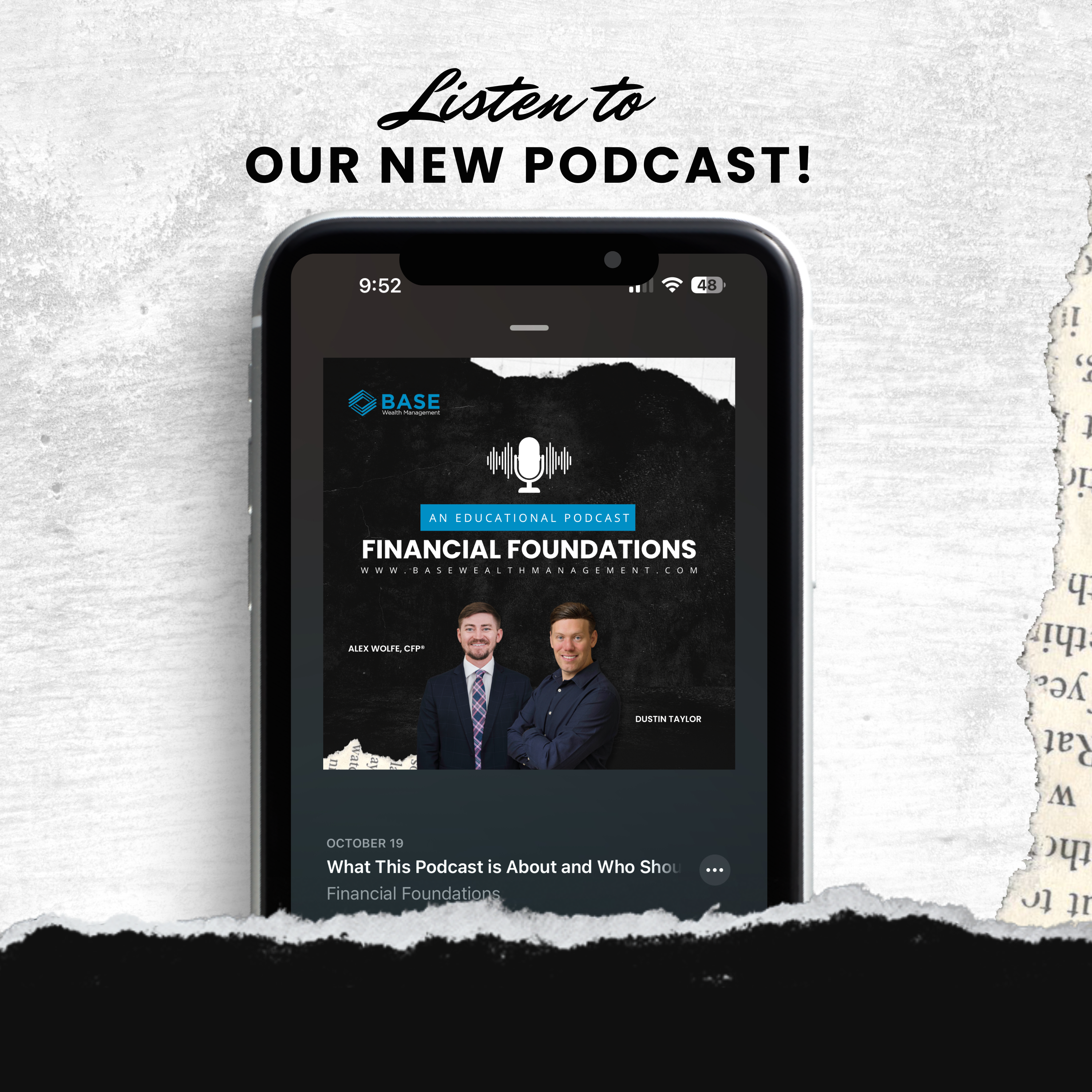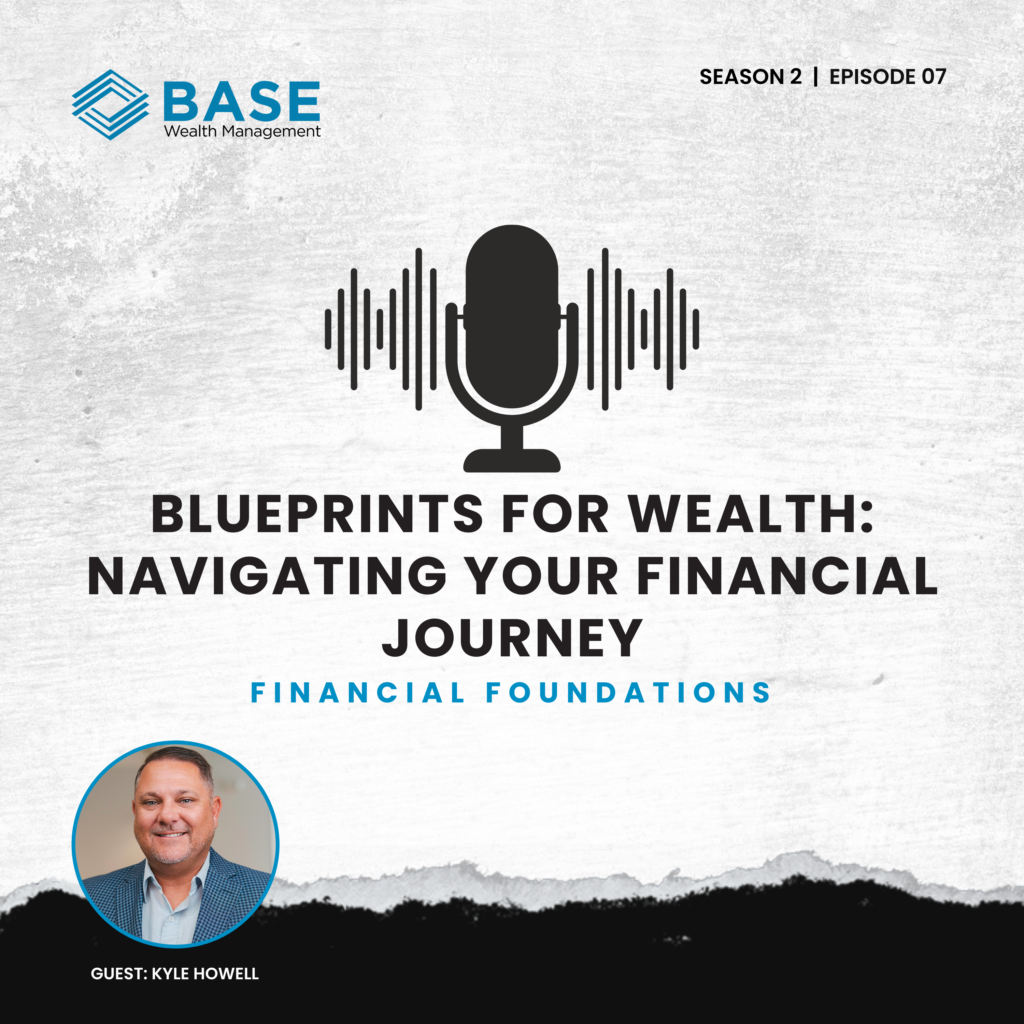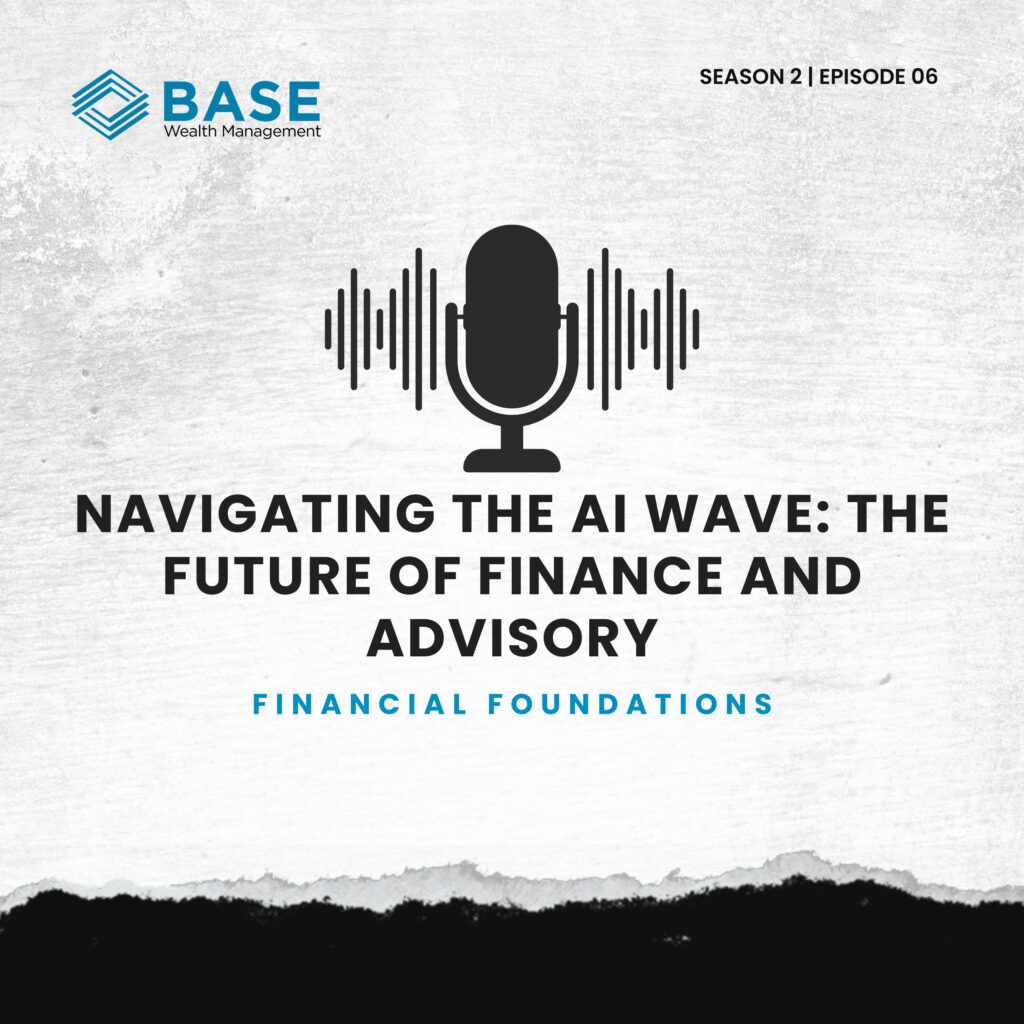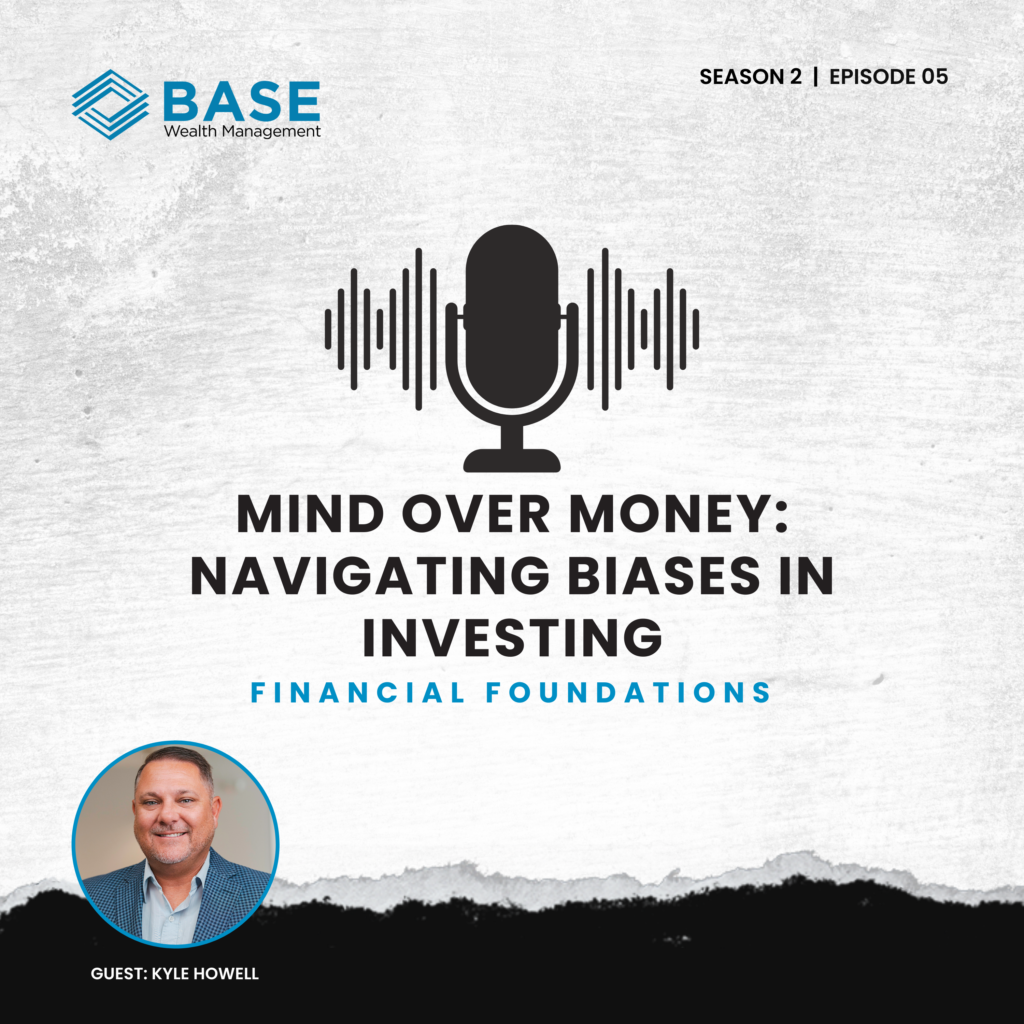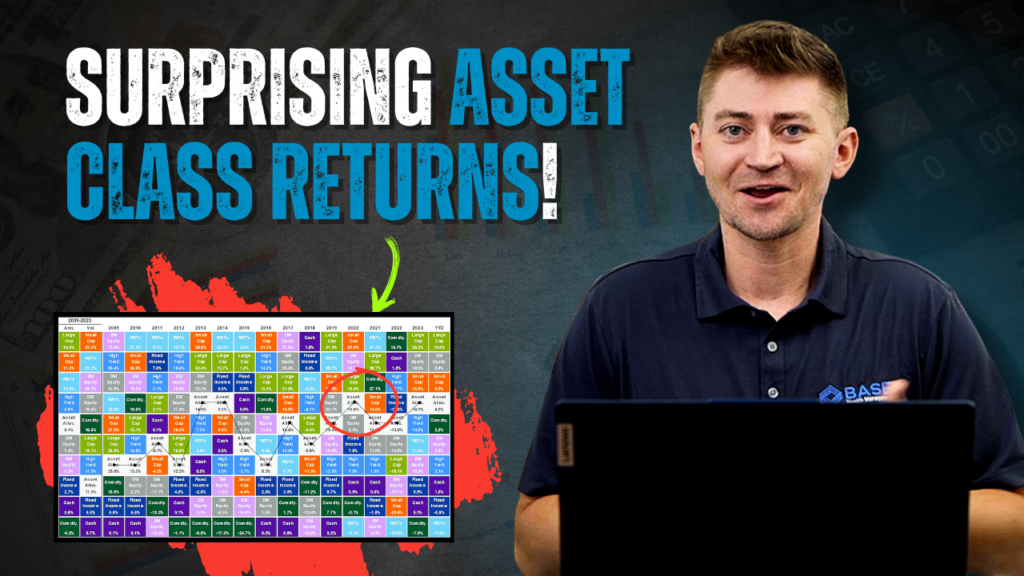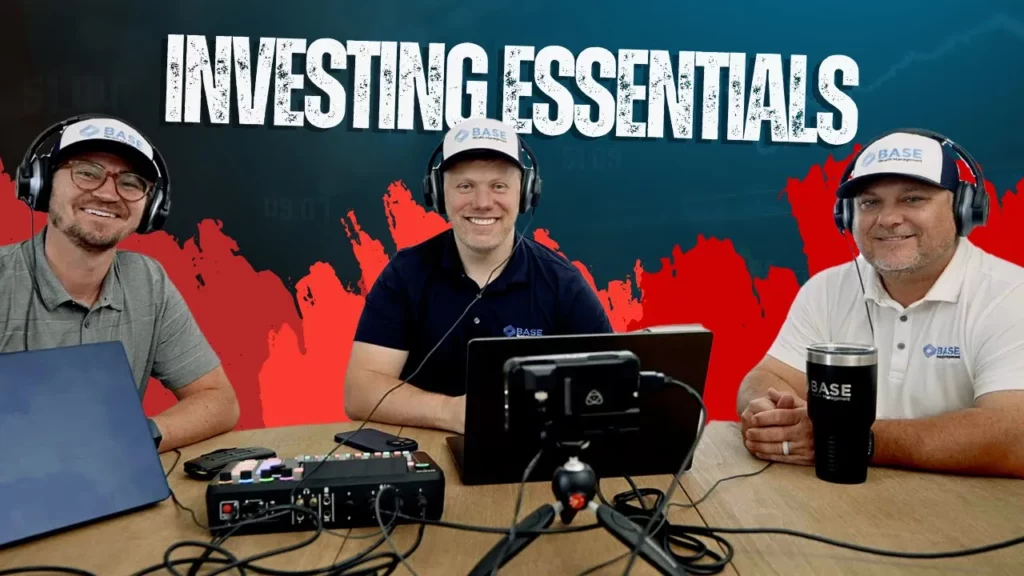It’s a common question from clients – what about cryptocurrency? Is it safe? Is it profitable? What even is cryptocurrency?
Cryptocurrency and its underpinning technology, blockchain, are one of the most misunderstood pieces of technology. Since the advent of Bitcoin in 2009, the development of cryptocurrency has snowballed, reaching goldrush-like fervors in 2021 and 2022, culminating in the NFT bubble burst and the dawn of crypto winter – in other words, a recession. Bitcoin reached an astonishing high of $68,789 before losing more than half of its value. At the time of writing, it has a market cap of $593 billion, and one Bitcoin costs around $30,000.
With numbers like these, it’s understandable why investors are drawn to cryptocurrency. Unfortunately, most people confuse huge numbers with immense potential.
What is Cryptocurrency?
Cryptocurrency is a type of digital currency that uses cryptography to verify transactions on a decentralized network rather than a bank. A unique key allows for its decryption, making it a secure transaction medium. This safety comes at the cost of convenience, though. You need to access a cryptocurrency exchange or a peer-to-peer network to purchase or sell cryptocurrency. Additionally, you need a special cryptocurrency wallet for transactions.
Each cryptocurrency, also known as a coin, operates on its distinct blockchain technology with specific characteristics. Bitcoin, the pioneer, and Ethereum, known for its novel technologies like smart contracts and proof-of-stake validation method, are two examples many have probably heard of. Besides those two, there are literally thousands of coins to choose from.
Understanding Blockchain
Blockchain is essentially a decentralized ledger, documenting and verifying transactions across multiple computers worldwide, eliminating the need for a centralized authority or intermediary. The ‘blocks’ within a blockchain contain a list of transactions, each chained to the previous block through cryptography, enhancing security and transparency. Blockchain structure allows for peer-to-peer transactions to happen in a secure and ‘trustless’ environment, and data is virtually immutable upon getting imprinted on the blockchain.
Since it is decentralized, there is no need for interference from the government or a conventional financial institution to verify transactions. The trust is entirely in the technology itself, not a higher authority such as the SEC.
The Role of Mining
If you’ve been paying attention at all to cryptocurrency, you’ll have heard of ‘mining.’ Mining is the process of verifying transactions. Here’s how it works.
A ‘block’ is a group of new transactions on the network. When you make a cryptocurrency transaction, it isn’t immediately added to the blockchain. Instead, it goes into a pool of unconfirmed transactions.
From this pool, miners begin to verify them individually, a process involving solving complex mathematical problems that require significant energy. Once a miner solves a math equation, they can add this group of transactions, forming a ‘block,’ to the blockchain. This process confirms and records the transactions. The added block also references the block that came before it, which helps to create a chain of blocks or a ‘blockchain.’
The miner is then rewarded with a certain amount of cryptocurrency, incentivizing miners to continue maintaining the blockchain network and keep it secure. The process also ensures that transactions cannot be changed once they are part of the blockchain, contributing to the security and transparency of the system.
Before you purchase a mining rig, you have to be aware of how problematic the process is.
Each new bitcoin requires about fifty days’ worth of electricity from an average American household, meaning mining operations are often massive and harmful to the environment, consuming as much energy as small countries. Additionally, about every two weeks, the equations become more challenging to solve, making the mining process more and more energy intensive as time goes on. Gone are the days of setting up a simple miner in your basement for some spare money – current Bitcoin operations are massive affairs. Of course, you can mine other coins, but there won’t be as much demand.
What About Just Buying Crypto?
Most cryptocurrency investors attempt to make money by treating it as a stock rather than a currency. They purchase some coins, hold them until they gain value, and then sell them for capital gain. But, like day trading or gambling, this is a hazardous endeavor. You can never be sure of the direction of a coin, just like a stock. Unlike many stocks, however, your typical digital coin doesn’t pay out a dividend, making it simultaneously more volatile and more dependent on an upward price movement to make money.
Another issue is storing your coins. You can keep them in a ‘hot’ wallet connected to the internet, for example, on Binance or Coinbase. However, we know how quickly these companies can collapse. FTX went from one of the most respected crypto companies to a total collapse in less than a week. Unlike the failure of Silicon Valley Bank, there are no guarantees from the government that you’ll get your money back when a crypto exchange goes under.
Alternatively, you can keep your coins in a ‘cold’ wallet that you connect to the internet only when you want to execute a transaction. If you forget your key, though, you’re out of luck. Those millions of dollars worth of Bitcoin will always be in your wallet, inaccessible and worthless. Imagine going to the bank and being unable to remove your funds because you forgot your password.
Investing is an inherently psychologically difficult process. Most investors simply cannot handle the price swings of individual stocks or the market as a whole. They panic buy, and they panic sell, causing grave harm to their portfolio. And that’s just the stock market. The volatility of cryptocurrencies would make even the most erratic days on the stock market blush. So, unless you have nerves of steel and don’t mind losing it all, cryptocurrency probably isn’t for you.
What Drives Cryptocurrency Prices?
What does cryptocurrency represent? You can’t hold it in your hand. You can’t eat it. You can’t fuel your car with it. A coin doesn’t pay a dividend that can lead to compounding gains. There’s nothing tangible about it.
The only intrinsic value you can argue it has is the cost of the energy spent to make it. Other than that, it only has value based on hopes and dreams. Meaning, probably most people purchase cryptocurrency not to use it as a currency but as an asset that will gain value. The more people with the same hopes and dreams, the more the price will rise – until it doesn’t. That’s when the bubble bursts and those hopes and dreams come crashing back down to reality.
And if that’s all it has to offer, it’s no better than gambling. Plus, there are over 22,000 currencies to choose from. There’s no way to prudently value each coin through tangible factors like cash flow, management, or balance sheets. Basically, anybody can create a coin and hype it up, making pump-and-dump schemes especially frequent.
And even if you choose a successful coin, the security of your crypto wallet or exchange isn’t guaranteed due to widespread fraud and instability in the crypto world. To ensure your coin’s safety, you must use inconvenient cold wallets and always be ready for a financial meltdown.
Alternative Crypto Investment Strategies
If you believe in cryptocurrency’s potential, you can explore indirect investment methods such as buying a crypto-focused ETF or participating in mining, staking, or yield farming. These alternatives, however, carry unique risks and may require considerable investment. Plus, they may require technical knowledge.
If these strategies don’t appeal to you, you could consider investing a small amount of money in a coin of your choice and trading it as a hobby. However, this should only involve funds you can afford to lose and aren’t part of your principal, advisor-approved investment plan.
The Future of Crypto Investment
Blockchain and cryptocurrency are here to stay and will increasingly affect our lives. Blockchain technology holds promise in numerous areas, such as real estate, healthcare, accounting, and voting systems, to name a few. Coupled with the advancements in artificial intelligence, the potential of blockchain technology seems boundless.
However, these technologies are still in the early stages. As they mature, regulations develop, and the current nearly lawless environment evolves, cryptocurrencies might become a viable investment option.
Until then, it’s best to hold off on trying to make an easy buck (or bitcoin). Investing in traditional stocks, bonds, ETFs, and Mutual Funds is still the safest way to reach your financial goals.








